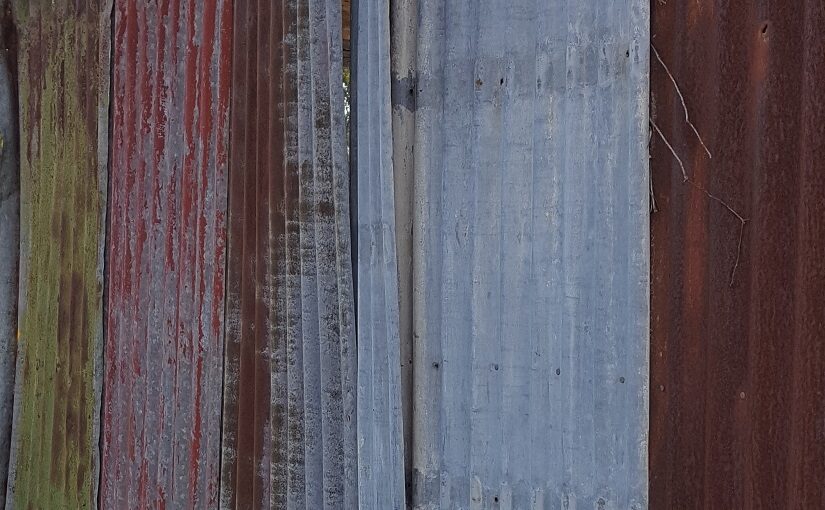With culture, aren’t we worlds apart? Even within our own, some of us living this highbrow life while others face quite a different set of reference points, imagery and aspirations (Notes One). As if we’re all seeing life different ways; having such different values and interpretations of “reality” displayed and played out before us. Are those worlds something that can even “connect” in conversation?
It just seems, in almost every area of life, that there are very different conversations going on. One using the language of aesthetics, colour, form and gesture; speaking of power, tradition and classical education. The other, more pragmatic, raw and rooted in society’s everyday realities. One, perhaps, echoing from the remoteness of ivory towers while the other speaks directly from the streets of daily life.
Maybe that’s just what life is? We speak out of the rarefied world of ideals or the, often much bleaker, realities surrounding us. As if we’re always “somewhere” between idealism and reality as we seek paths between the two. Yet, isn’t there an insurmountable elitism to the first voice? This sense in which it’s a conversation few are privileged enough to have the time and opportunity to partake in.
Almost as if we “are” living in two worlds: that exclusive one with pretentious overtones and this more accessible one of clamouring, potentially less well-informed voices. Don’t we have to be “trained” into that earlier conversation? Fully acquainted with its terms, history, trends and developments if we’re to hope to speak without revealing some degree of ignorance that’ll undermine our words.
By its nature, though, does it “have” to be an exclusive conversation? Something few can have the “luxury” of studying, given how removed it essentially is from the practical realities of “life”. As if that highbrow conversation is simply an elevated reflection on the ideals behind our human condition; something so distantly related to the everyday that few can hope to make a living from it.
In any area of life – cooking, drama, fashion, gardening, art – do we “have” to either go high or low? Talking of plants in terms of form, palette, gesture, associations and effect, or looking more to the “truth” behind nature’s forms and how they relate to both us and the cosmic reality of our planetary existence. Is there more universal truth to be found behind all this? (Notes Two)
It’s just strange to think that culture’s conversations should be so remote, so divisive along the lines of inherited class distinctions. As if, in almost every aspect of life, we’re separated by conditions outside our control into having either idealistic conversations or ones that might just be poorly-executed reflections of those elevated ideals.
Maybe that’s simply life, though? That this one, idealistic world sheered off at some point to have its own self-reflexive conversation while almost everyone else was left dealing with the fractured realities of how well those ideals are working out each day. Is there any chance the two can join in one, meaningful conversation?
Notes and References:
Note 1: Culture as information
Note 1: Visual language and spaces
Note 1: The stories that we hear
Note 1: Observing life & stepping outside of reality
Note 1: Everything culture used to be
Note 2: Appreciating other ways of being
Note 2: Understanding what we’re all part of
Note 2: Learning from the past, looking to the future
Note 2: Can there be beauty in communication?
Note 2: Shaping the buildings that shape us
Somewhere alongside this, there perhaps stands Dystopia as a powerful ideal.

